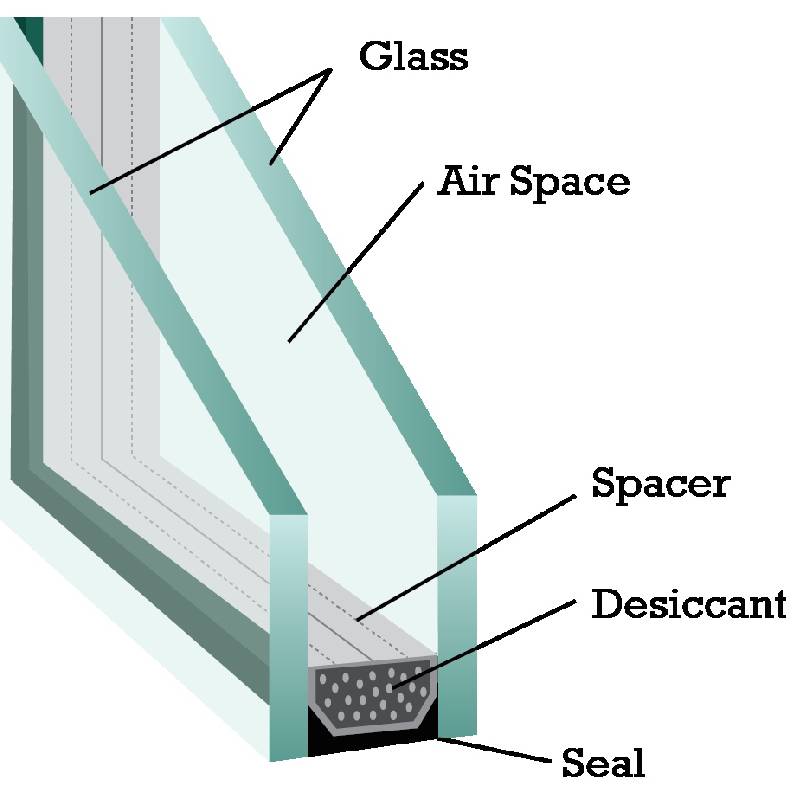

What is Float Glass Used For?
Float glass is a type of glass that is manufactured using a specific process that results in a smooth, flat surface. This glass is formed by floating molten glass on a bed of molten tin, which allows the glass to spread evenly and produce a uniform thickness and clarity. The float glass process ensures that the final product is free from distortion, making it a preferred choice for various applications across different industries. In this article, we will explore the diverse uses of float glass, highlighting its importance in modern construction, automotive, and decorative applications.
Construction Industry
One of the primary uses of float glass is in the construction industry. Its clarity and flatness make it an ideal material for windows and facades. Float glass is commonly used in residential and commercial buildings to provide natural light while ensuring visibility to the outside world. The glass can be treated to improve energy efficiency, such as by incorporating low-emissivity (low-e) coatings that help to reduce heat transfer. This makes float glass an excellent choice for energy-efficient building designs, contributing to lower energy bills and a reduced carbon footprint.
Moreover, float glass is also used in glass doors, partitions, and skylights. In interior applications, it can create spacious and open environments while maintaining aesthetics. Architects favor this type of glass for its versatility and the ability to create large uninterrupted expanses, transforming the feel of a space.
Automotive Uses
In the automotive industry, float glass plays a crucial role in vehicle design and safety. Windshields, side windows, and rear windows are typically made from float glass due to its optical clarity and smooth surface finish. The glass undergoes various treatments, including tempering and lamination, to enhance its strength and safety. Tempered float glass is designed to shatter into small, blunt pieces upon breaking, significantly reducing the risk of injury during accidents.
Additionally, float glass can be used in innovative automotive designs, such as panoramic sunroofs and large windows. These features enhance the driving experience by providing unobstructed views and increasing natural light within the vehicle, contributing to a feeling of spaciousness.

Decorative Applications
Beyond its functional uses, float glass also serves a significant role in decorative applications. It is often employed in the creation of glass furniture, such as tables and shelves, due to its sleek and modern appearance. The glass can be cut, etched, or colored to create stunning visual effects, making it a popular choice among designers and architects.
In the art world, float glass is used to create various artworks, installations, and glass sculptures. Artists appreciate the transparency and reflectivity of float glass, allowing them to play with light and color. Moreover, its ability to be treated with various finishes enables the creation of unique pieces that enhance both public and private spaces.
Glassware and Packaging
Float glass is also widely used in the production of glass containers and packaging. Bottles, jars, and glassware benefit from the strength and clarity of float glass, ensuring that products are both visually appealing and durable. The food and beverage industry relies on glass packaging, as it is inert, non-toxic, and recyclable, making it an environmentally friendly choice for manufacturers.
Conclusion
Float glass is a versatile material with a wide range of applications across numerous industries. Its combination of clarity, durability, and aesthetic appeal makes it an essential component in construction, automotive, decorative art, and packaging sectors. As technology continues to advance, the potential uses for float glass will likely expand, cementing its status as a fundamental material in modern society. Whether enhancing the design of a building or improving the safety and efficiency of a vehicle, float glass remains a significant element that contributes to our day-to-day lives.